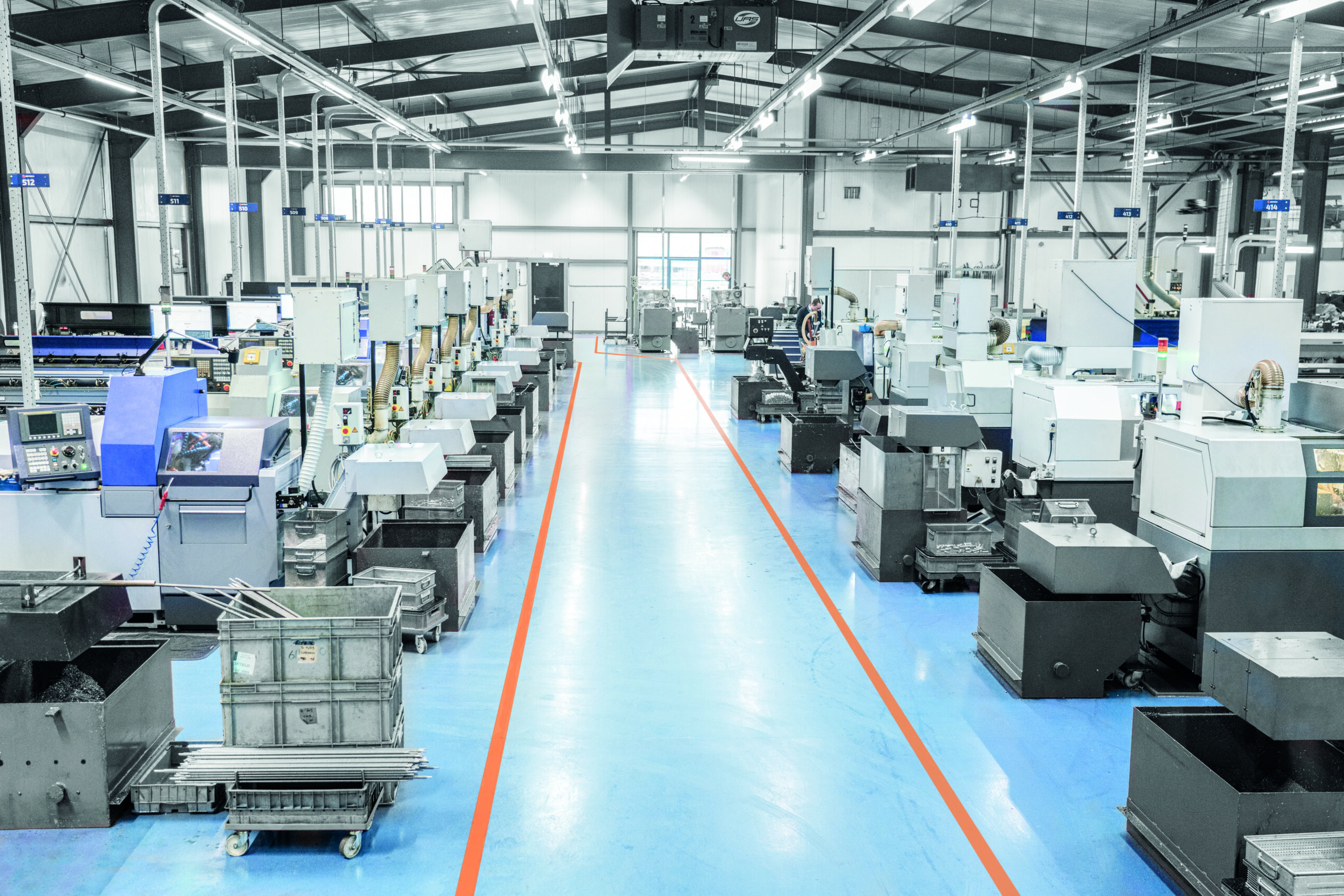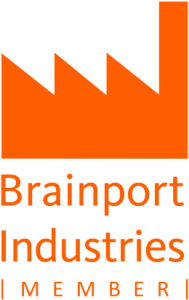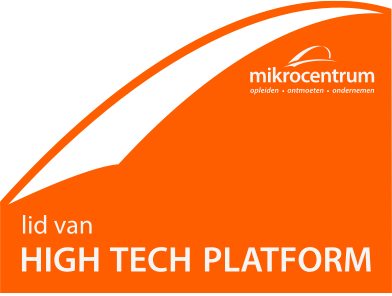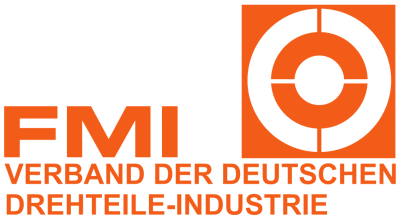Smart industry, Industry 4.0, and smart manufacturing—terms that appear in the media daily. While their meanings and applications vary by sector, one essential factor applies to all manufacturing companies: digitalization. The urgent need to invest in digitalization is paramount for staying globally competitive; however, many Dutch manufacturers still find themselves at an early stage of this transformation.
In Western Europe, rapidly digitalizing production environments is crucial for maintaining competitiveness on the international stage. As a leader in digitalization, Betech has collaborated for years with a network of manufacturing companies in northeastern Netherlands, investing in software and digital solutions. These efforts aim not only to maintain competitiveness but also to advance the industry as a whole. To facilitate this, Betech is now offering its technologies and insights through TransAI—a new platform designed specifically for the manufacturing industry, enabling knowledge sharing, tool access, and solutions that guide companies toward a digital future.

What is TransAI?
TransAI is a platform developed for the European manufacturing industry, uniting knowledge, software, and innovative solutions to make digitalization more accessible. Through TransAI, companies gain access to technologies developed by Betech and its partners, accelerating their digital transformation. The strength of TransAI lies in shared knowledge and collaboration within the industry. Betech believes that a cooperative approach is more beneficial for companies than a traditional client-supplier relationship, sharing all knowledge and technology (for Betech) without profit motives.
The benefits of TransAI for manufacturing companies
TransAI provides access to five essential digitalization tools for the manufacturing industry:
- Efficiency improvement: Digitalization optimizes processes, leading to lower costs and higher productivity. For example, Betech has achieved a 12% productivity increase per machine within just 1.5 years.
- Increased competitiveness: Flexible software solutions empower companies to innovate quickly and adapt to market demand without being tied to commercial software packages.
- Data-driven decision-making: Access to real-time data and dashboards allows companies to make well-informed decisions and respond swiftly to emerging trends.
- Knowledge sharing and collaboration: TransAI fosters strong collaboration among companies, research institutions, and other stakeholders. Partners like the Maathof Group actively share their experiences with digitalization, contributing to shared sector goals.
- Automation via machine data: By unlocking machine data, companies can automate more tasks and gain access to precise, objective data, enhancing operational efficiency.
Future vision: AI and the new standard for production environments
The next step for TransAI is the integration of AI applications. Betech has collaborated with developers over the past year to create new AI technologies aimed at enhancing production environments. These AI applications hold the potential for significant advantages for manufacturing companies. While still in development, early results indicate promising outcomes. AI solutions are expected to be available within six months for TransAI users, enabling further automation and optimization of production processes, thereby strengthening companies’ competitive positions.
In the coming years, AI will transform the manufacturing industry in unprecedented ways, establishing a new standard for production environments. While digitalization already brings greater efficiency and control, AI has the potential to amplify these benefits significantly. By making these technologies accessible through TransAI, Betech empowers manufacturing companies to take the next step in automation and enhance their competitive edge. AI is poised to not only drive efficiency improvements but also provide valuable insights through data-driven analyses, enabling companies to continuously optimize their strategies and production processes. This adaptability is crucial in an increasingly competitive global market. With AI as a catalyst for change and innovation, manufacturing companies are on the verge of a new era where efficiency, flexibility, and competitiveness are not merely desirable but essential for success.










